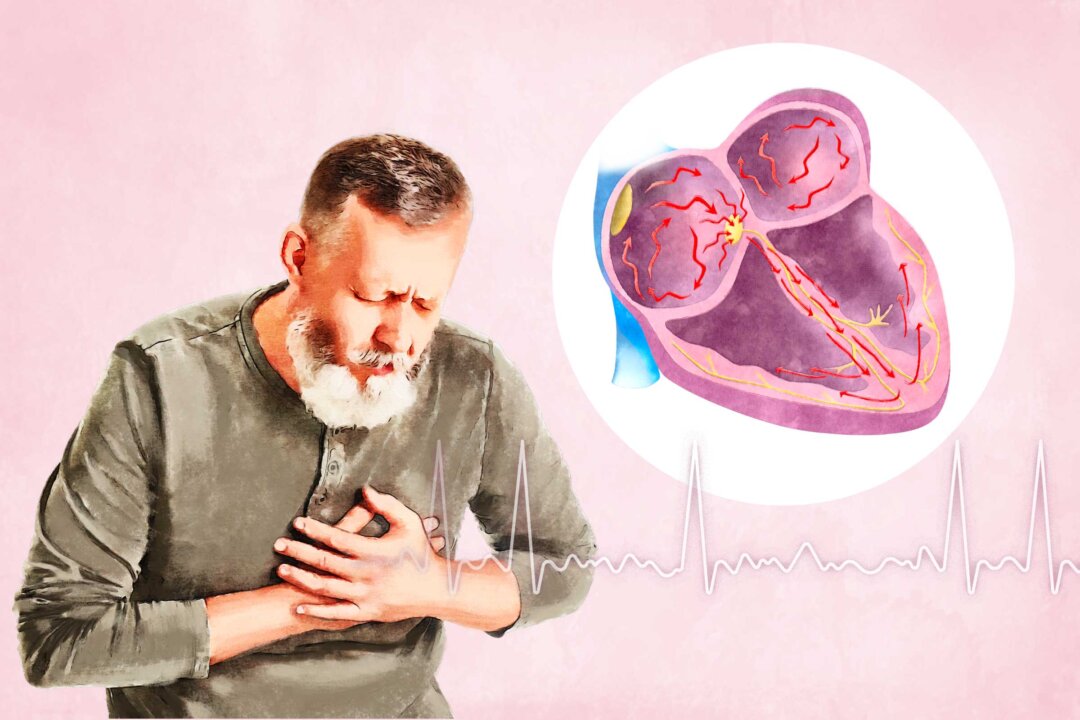
Hospitals in the UK are issuing urgent warnings as a highly contagious norovirus outbreak continues to spread, prompting concerns of a wider international crisis. The virus, commonly known as the "winter vomiting bug," has caused a surge in cases, with 400 reported in the first seven weeks of 2025 alone. Health officials are now on high alert, urging people to take strict hygiene precautions to curb further infections.
Rising Norovirus Cases and the New VariantThe British Health and Safety Executive (HSE) has confirmed that a new strain, the GII.17 variant, is fueling the outbreak. Public health experts believe that because this is a new variant, most people have little to no immunity, increasing the likelihood of severe illness.

A spokesperson for the HSE told The Sun, “During winter 2024-2025, there has been an increased level of norovirus activity across the northern hemisphere. Because this is a new variant, people will have only partial immunity, which raises the risk of infection.” The outbreak is not limited to the UK, as similar spikes in cases have been observed in the United States and several European countries, raising fears of a global health concern.
Symptoms of Norovirus InfectionNorovirus is a highly infectious virus that spreads easily in crowded places, such as hospitals, schools, and care homes. The virus is primarily transmitted through contaminated food, water, surfaces, or close contact with an infected person. Common symptoms of norovirus include: - Severe vomiting - Watery diarrhoea - Nausea and stomach cramps - Fever and chills - Body aches and fatigue - Headache Symptoms typically appear 12 to 48 hours after exposure and can last for one to three days.
While most people recover without complications, the illness can be severe for young children, the elderly, and those with weakened immune systems. How to Prevent Norovirus InfectionPublic health officials stress the importance of strict hygiene measures to prevent the spread of norovirus. Key preventive steps include: 1.
Frequent Handwashing: Wash hands with soap and water for at least 20 seconds, especially after using the toilet, before eating, and after handling contaminated surfaces. Alcohol-based hand sanitisers are less effective against norovirus. 2.
Proper Food Handling: Avoid consuming raw or undercooked shellfish, wash fruits and vegetables thoroughly, and disinfect kitchen surfaces. 3. Avoid Close Contact with Infected Individuals: Norovirus spreads rapidly in shared spaces.
If someone is sick, limit direct contact and clean shared surfaces frequently. 4. Stay Home if Sick: Those experiencing symptoms should remain at home for at least 48 hours after recovery to prevent spreading the virus to others.
5. Disinfect Contaminated Surfaces: Use bleach-based cleaners to sanitize surfaces that may have been exposed to the virus, including bathroom fixtures and kitchen counters. With the norovirus outbreak escalating, health officials urge the public to remain vigilant.
Anyone experiencing symptoms should seek medical advice, especially if symptoms persist or worsen. Get Latest News Live on Times Now along with Breaking News and Top Headlines from Health and around the world..















